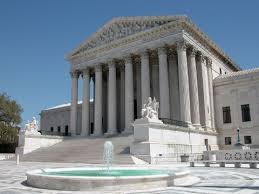The GOP culture of corruption in Arizona has produced a number of threads this year that are coming together at the end of the year. Other shoes are about to drop early in 2016 — lookin’ at you crazy Uncle Joe Arpaio.
Disgraced former congressman Rick Renzi has now exhausted all of his appeals and is finally serving time in prison after years of litigation. Ex-Arizona congressman Rick Renzi denied new trial:
 A federal judge on Wednesday denied a new trial for former U.S. Rep. Rick Renzi, who was convicted in 2013 of corruption, money laundering and other charges and is serving a three-year prison term.
A federal judge on Wednesday denied a new trial for former U.S. Rep. Rick Renzi, who was convicted in 2013 of corruption, money laundering and other charges and is serving a three-year prison term.
* * *
Renzi was convicted in 2013 of corruption, money laundering and other charges. An appeals court upheld the convictions last year, and the U.S. Supreme Court declined to hear his appeal in June.
Renzi began serving his sentence at the federal prison in Morgantown, West Virginia, in February. Best Places To Go To Prison – Forbes.
The top political corruption story in Arizona in 2015 has been the melodrama playing out at the Arizona Corporation Commission.




